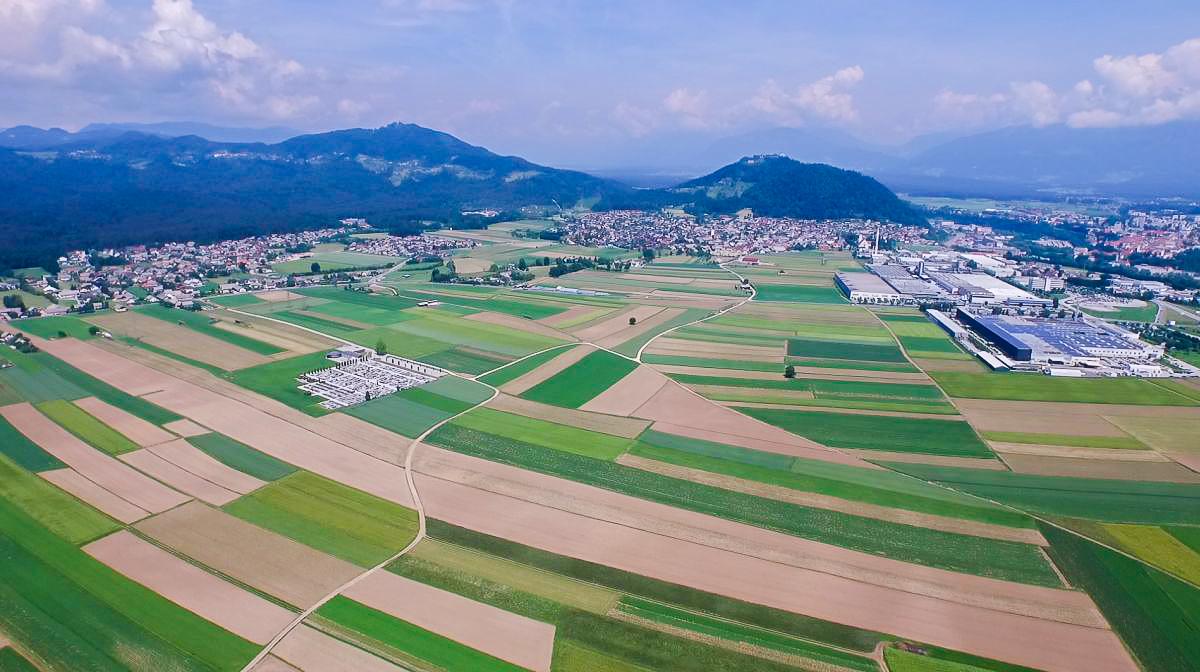
Last year, Slovenia doled out just shy of 270 million euros to farmers. Most of that money, around 230 million euros, came from European funds, making Slovenia one of the most successful countries at absorbing EU agricultural subsidies. While most of that money went to conventional farming, Slovenia’s food self-sufficiency rate has been declining.
What’s more, Slovenian farmers don’t produce enough organic food, as consumer demand for organic food has long surpassed domestic supply. Still, there are virtually no government programs to help farmers transition to organic farming. Of the 270 million euros handed out to Slovenian farmers last year, only 8.8 million were earmarked for organic farming, though organic farms might still qualify for other funding programs.
Despite the availability of EU subsidies, Slovenia’s food self-sufficiency rate has been declining, while imports of agricultural products have been growing. According to the Statistics Office (SURS), Slovenia’s agricultural trade deficit stood at around 800 million euros in 2016.

































































